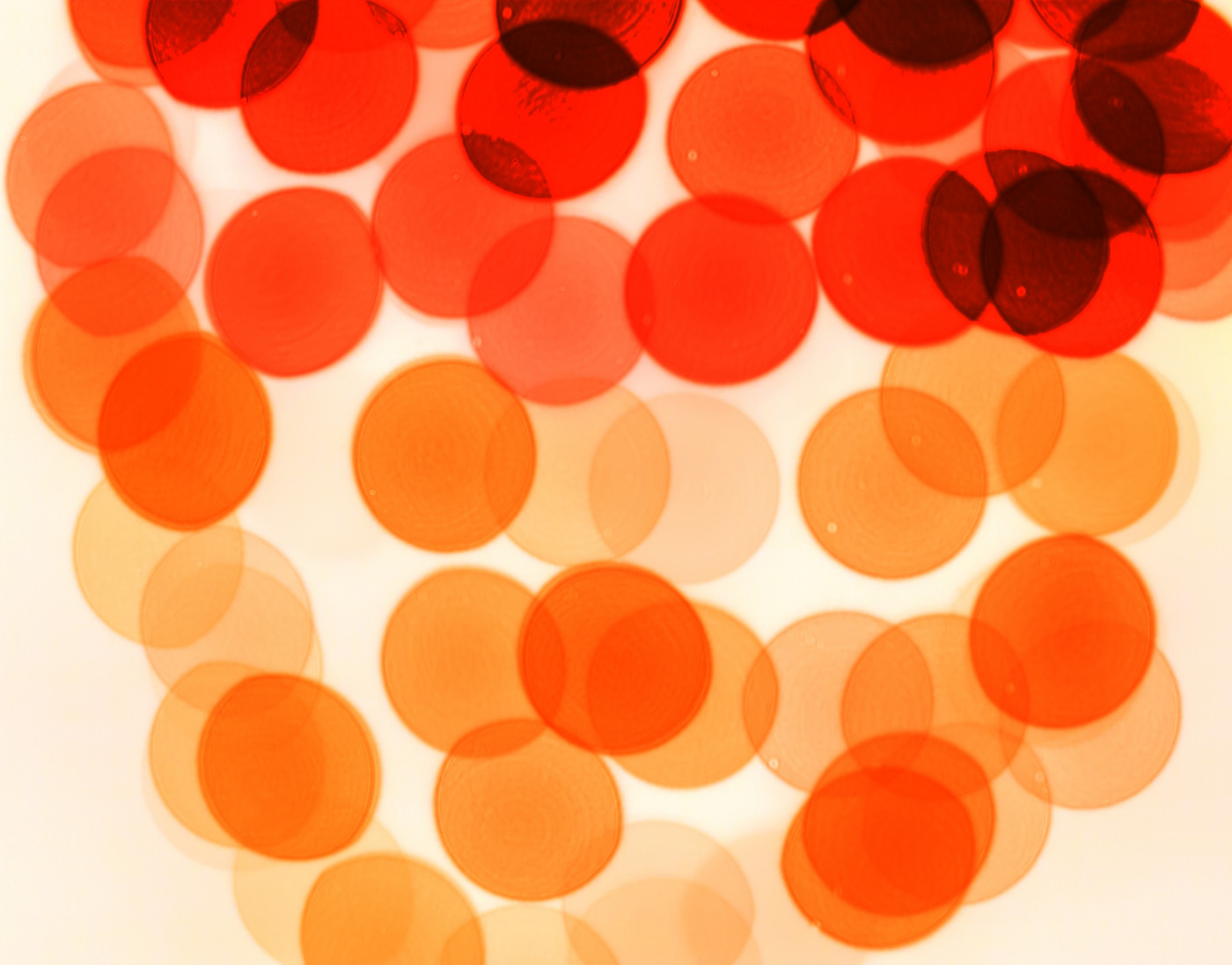Catalyst Successfully Completes First Subcutaneous Factor IX Dosing Group in Hemophilia B Clinical Trial

Catalyst Biosciences recently announced that its collaborator, ISU Abixs, has completed dosing of the first subcutaneous cohort in an ongoing Phase 1/2 proof-of-concept clinical trial in people with severe hemophilia B. This patient group is the second of up to five involved in the study.
CB 2679d (also known as ISU304) is Catalyst’s highly potent, next-generation coagulation Factor IX product. It is being tested for its potential capability of subcutaneous prophylactic (preventive) treatment of hemophilia B.
Three South Korean centers are conducting the Phase 1/2 clinical trial (NCT03186677), which is evaluating the bioavailability (the proportion of the drug that has an active effect) and clotting ability of CB 2679d. The trial has single intravenous and subcutaneous dosing groups, followed by daily subcutaneous injections of CB 2679d.
Catalyst announced earlier this month the first results of the trial, from the first dosing group, with positive outcomes. These results showed that an intravenous dose of CB 2679d was approximately 22 times more potent than an intravenous dose of BeneFIX (Pfizer’s standard-of-care replacement therapy) used in the trial as an active comparator. These first results also showed that CB 2679d stayed in blood circulation for a longer average time than BeneFIX (34 versus 25 hours, respectively).
Interim top-line results are expected by the end of 2017. Complete trial results are expected in early 2018.
“The positive results that we reported earlier this month from Cohort 1 (N = 3) demonstrated the drug potency and circulation profile that we believe will support subcutaneous prophylaxis and may normalize Factor IX levels. Results from the Phase 1/2 trial will be reported at upcoming medical conferences,” Nassim Usman, PhD, president and CEO of Catalyst, said in a press release. “Currently approved hemophilia B therapies require frequent intravenous infusions and do not result in sustained normalization of Factor IX activity – we aim to change this treatment paradigm.”
In June, the European Medicines Agency (EMA) granted orphan drug status to Catalyst’s CB 2679d for the treatment of hemophilia B.
“Hemophilia B is life-threatening and can be chronically debilitating for afflicted individuals,” Usman said in a press release at the time of the orphan drug status announcement. “With this important designation, we are optimistic that CB 2679d may provide a significant benefit over existing treatments that rely on frequent intravenous infusions [IV administrations] by providing simpler subcutaneous [injected] dosing and potentially, normalization of FIX activity,” he said.






